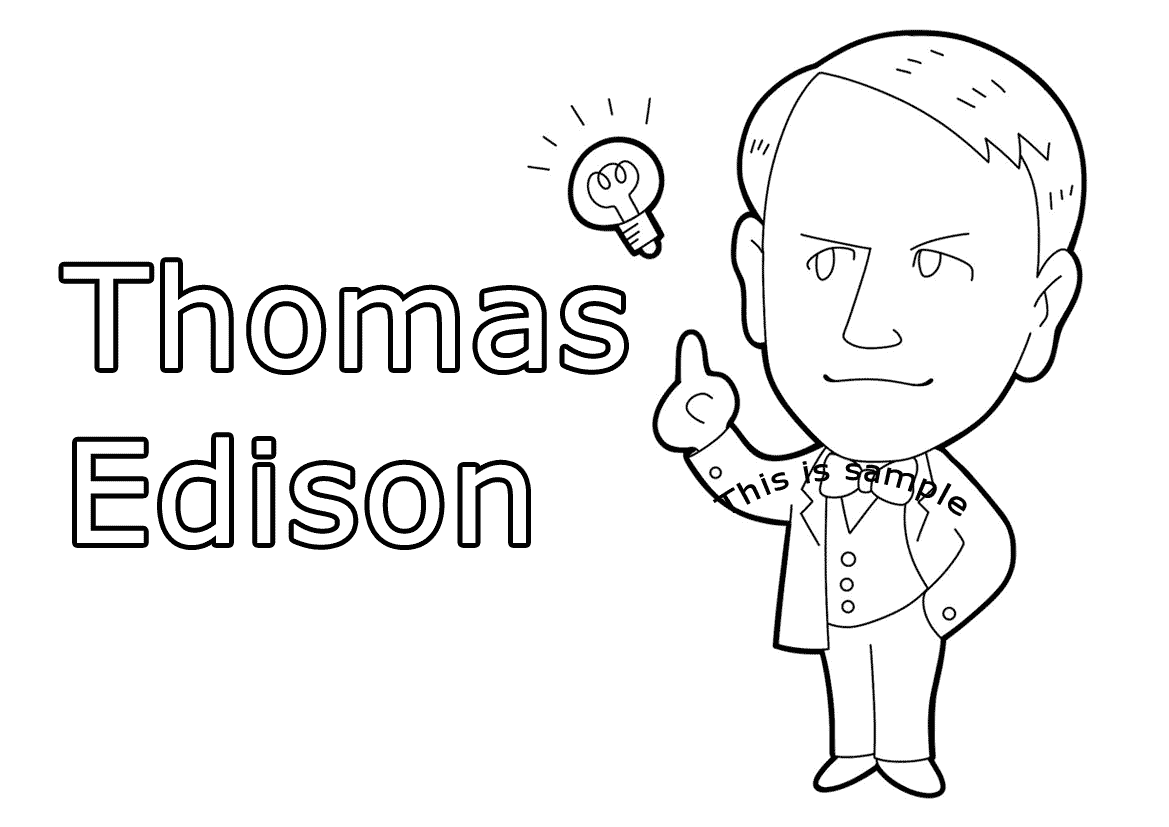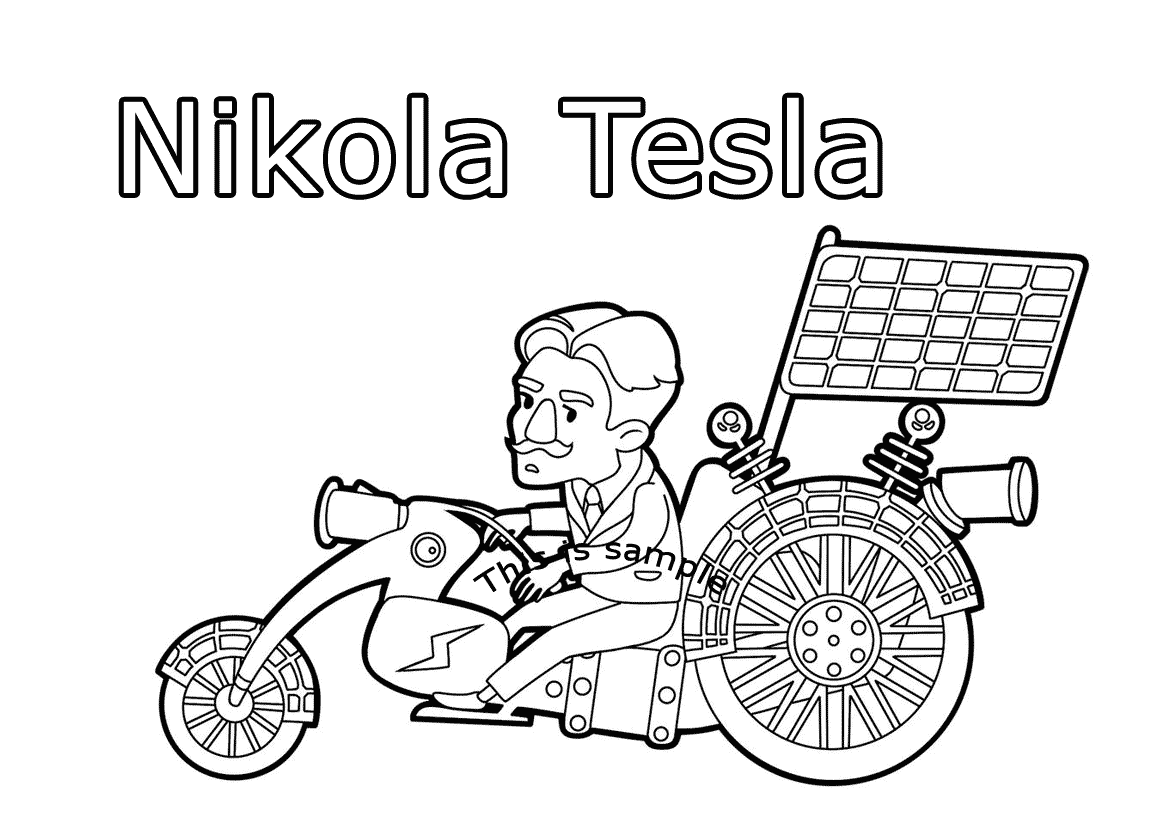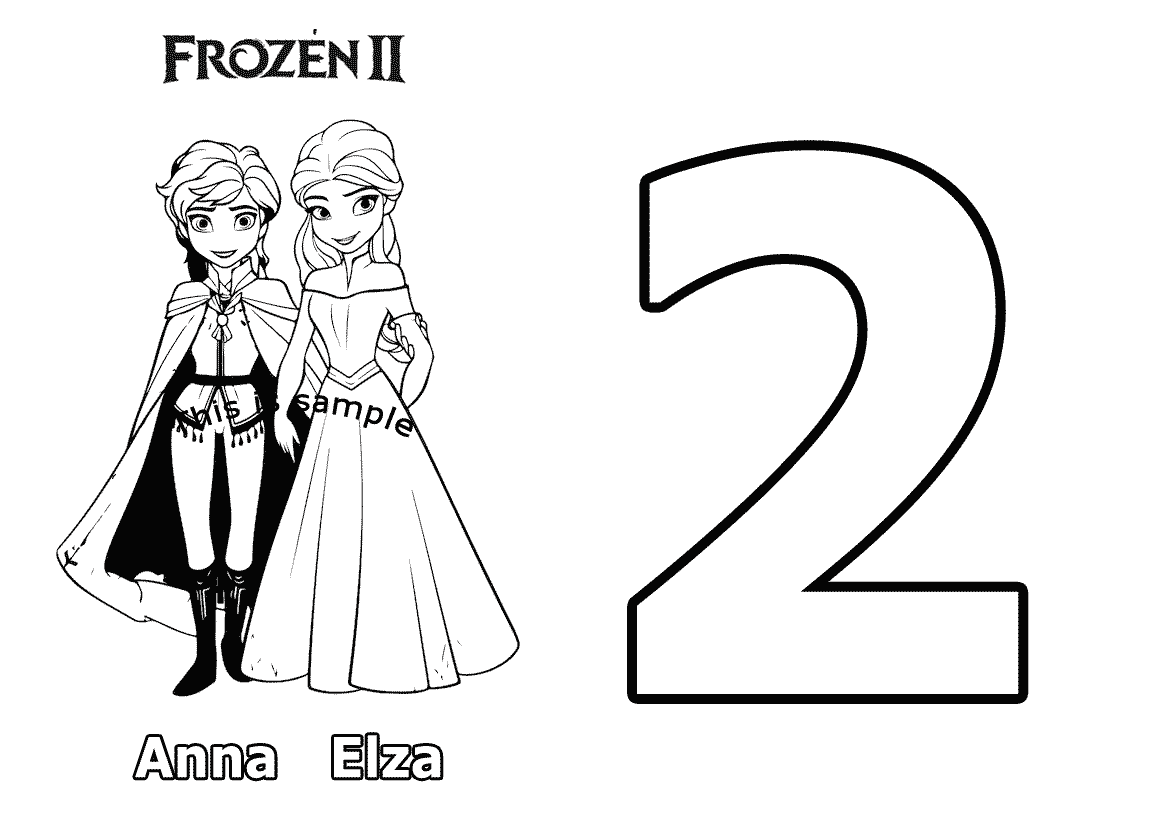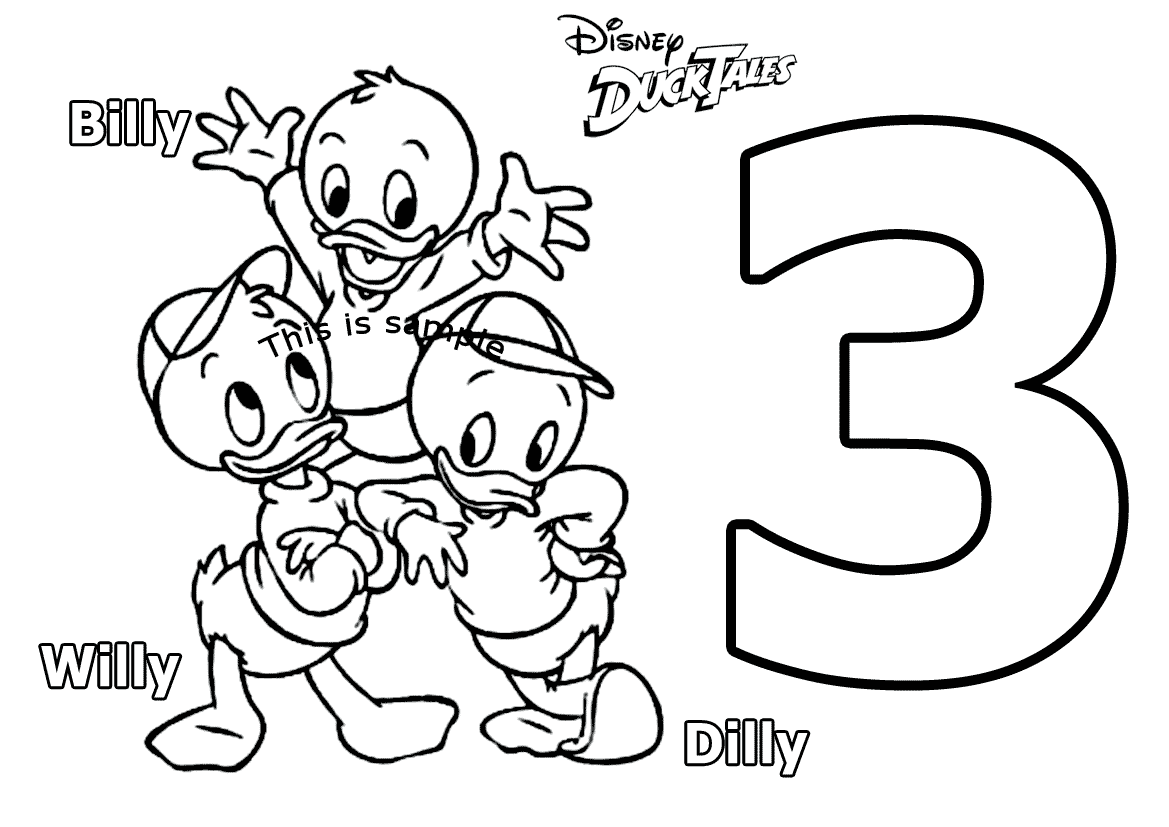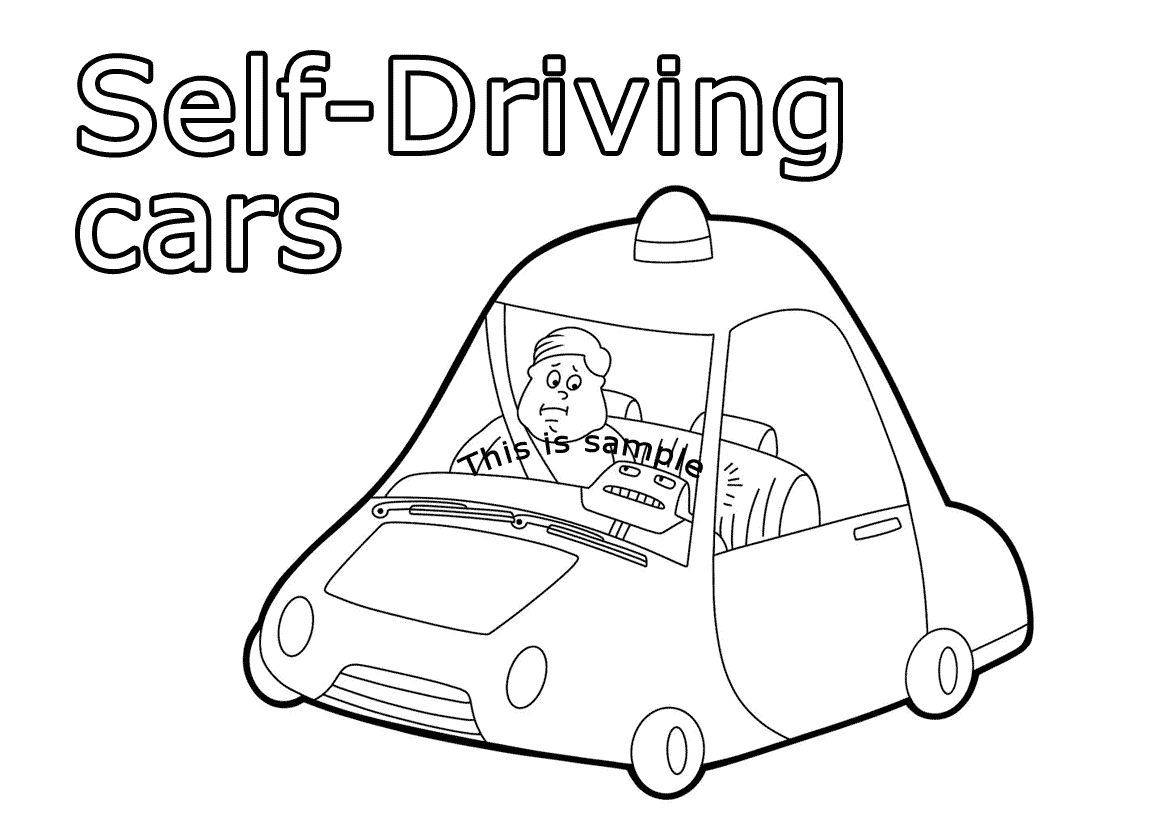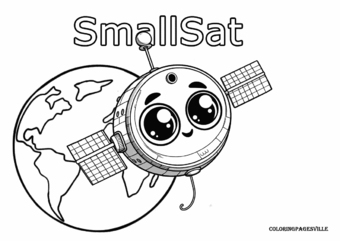TENET is the sort of film that happens when someone looks at a clock, gets annoyed that it only goes one way and decides to do something about it with explosions, tailored suits and a rather alarming lack of explanation. Our main chap, The Protagonist—who, refreshingly, refuses to share anything so trivial as a name—finds himself involved in an adventure involving backward bullets, time-flipping fistfights and a plot so convoluted it could tie a knot in a straight line. Along the way, he meets Neil, a cheerfully mysterious fellow who seems to know an awful lot more than he should and Kat, who’s dealing with a villainous husband, a son she’d very much like to keep alive and a general sense that her life is being scripted by someone who really enjoys paradoxes.
This is not your average kids’ cartoon with singing animals and clear morals—this is a brain-bending ballet of logic turned inside-out and flung through a revolving door. But, buried deep in the temporal chaos, Tenet teaches a few oddly touching things: friendship means being there (or already having been there); bravery isn’t about understanding the plan, just acting anyway; and sometimes the best way to go forward is to go backwards with style. It’s the cinematic equivalent of reading the middle of a book first, then flipping back to the start only to discover you already read the end yesterday.
This is not your average kids’ cartoon with singing animals and clear morals—this is a brain-bending ballet of logic turned inside-out and flung through a revolving door. But, buried deep in the temporal chaos, Tenet teaches a few oddly touching things: friendship means being there (or already having been there); bravery isn’t about understanding the plan, just acting anyway; and sometimes the best way to go forward is to go backwards with style. It’s the cinematic equivalent of reading the middle of a book first, then flipping back to the start only to discover you already read the end yesterday.
Add comment


